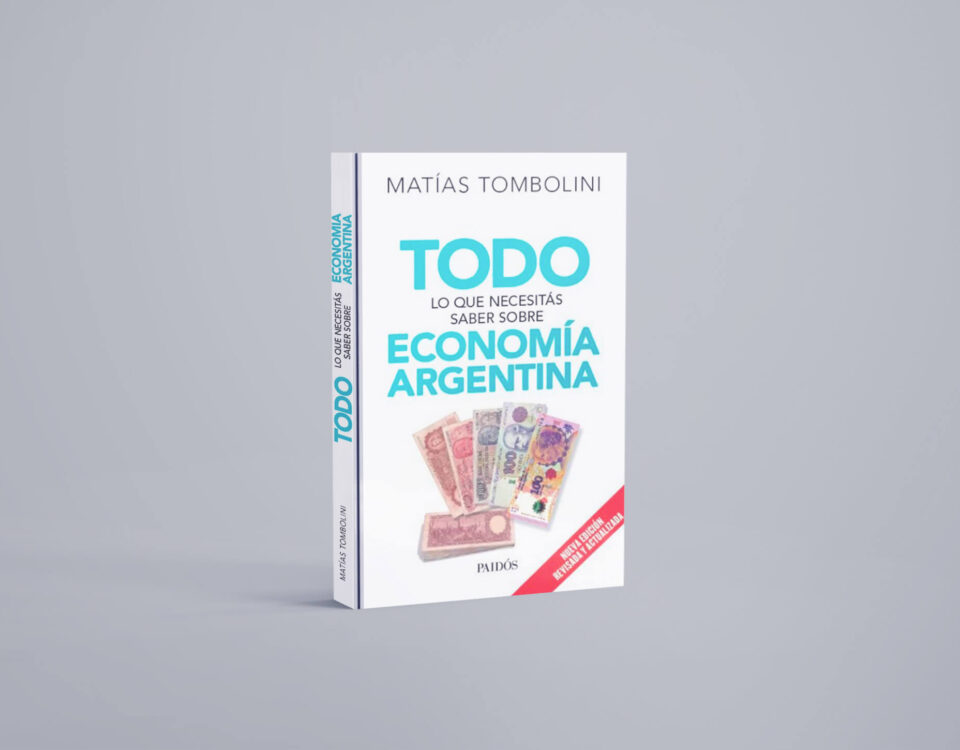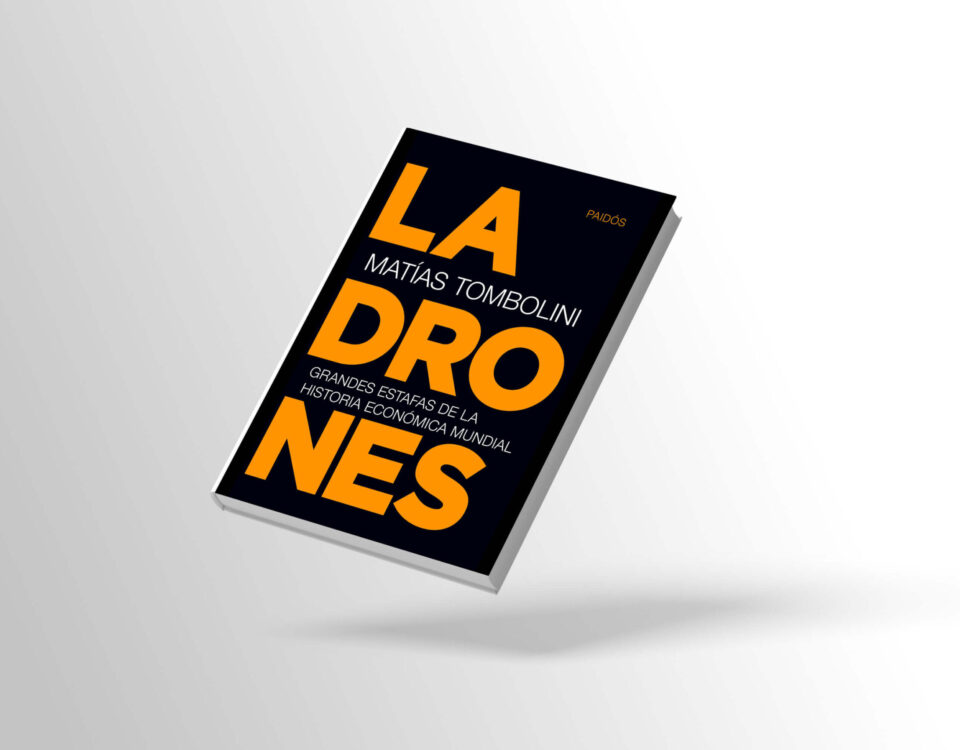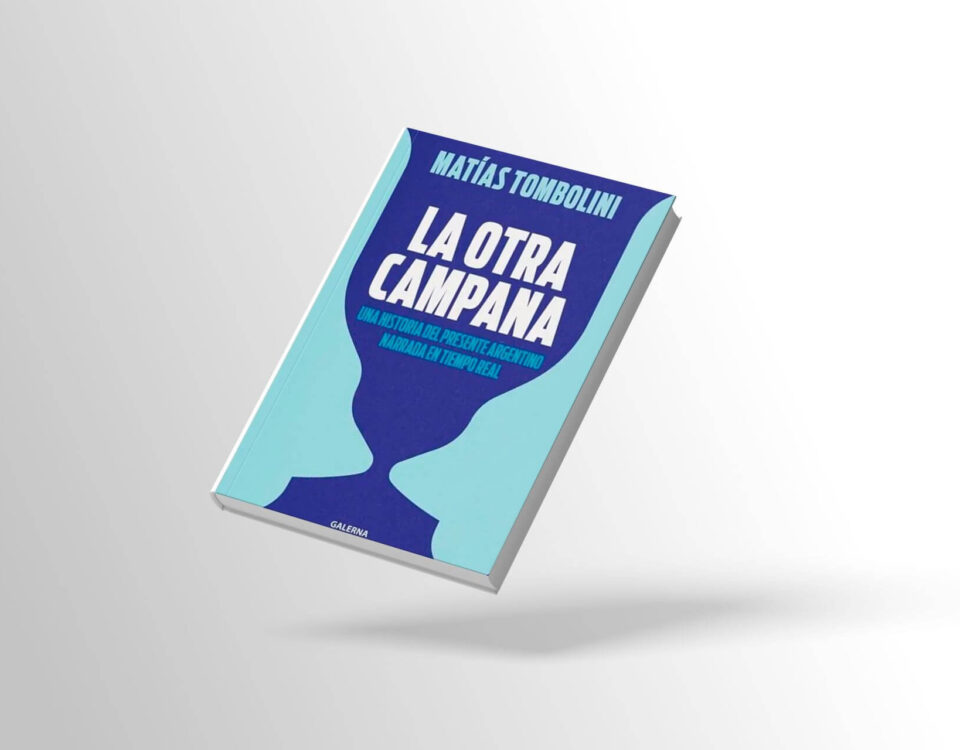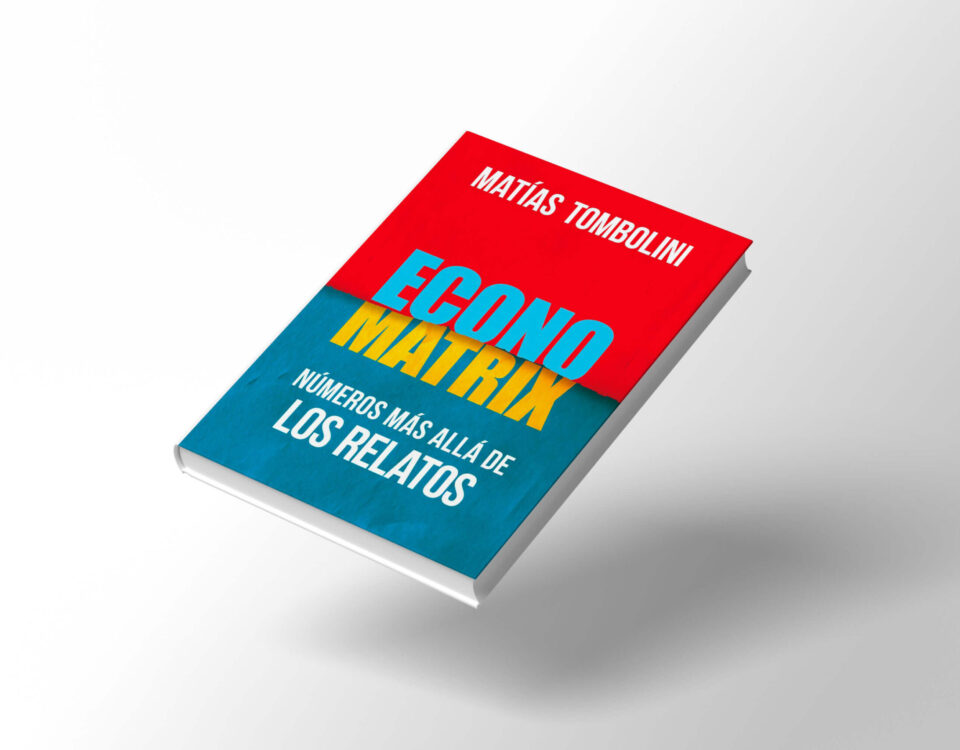_ TEACHING COURSES
Economics - CBC UBA
Economics – CBC, University of Buenos Aires (UBA)
The Economics course within the Common Basic Cycle (CBC) is designed to introduce students to the fundamental concepts of the discipline, combining both classical and innovative tools to facilitate understanding. The curriculum includes microeconomic topics such as market dynamics, government intervention, individual decision-making, and market failures, as well as macroeconomic concepts related to fiscal and monetary policy, labor markets, and open economies. These tools allow students to interpret relevant economic variables and understand both historical and current processes at the national and international levels.
The teaching approach combines in-person theoretical and practical classes with asynchronous virtual resources through the university’s online platform, helping consolidate key content. The course aims to develop students’ critical thinking and analytical skills, enabling them to understand economic phenomena clearly by linking theory and real-world applications.

Professors: Tombolini Matias
Sede: Parque Centenario
Programs: Ciencias económicas
Class Schedule: Siete comisiones, con opciones de cursada los lunes, martes, jueves y viernes, con horarios tanto por la mañana como por la tarde.
Programa:
Principles and Models
Introduction and basic principles
Supply and Demand Model
2. Supply and demand
3. Equilibrium and surpluses
4. Elasticity
5. Taxes and efficiency
6. Government intervention and efficiency
Producer Theory – Supply
7. Revenues, costs, and profits
Market Structures
8. Perfect competition
9. Monopoly
10. Oligopoly and monopolistic competition
Market Failures
11. Market failures
Money and Banking
15. Money, monetary system, and inflation
Macroeconomics and Indicators
12. Macroeconomics, cycles, economic growth, and GDP
13. Prices and inflation
14. Unemployment and factor utilization
Aggregate Supply and Demand Model (AS-AD)
16. AS-AD model
17. AS-AD and fiscal policy
18. AS-AD and monetary policy – Application
Open Economy and Its Impact on Macroeconomics
19. Open economy macroeconomics
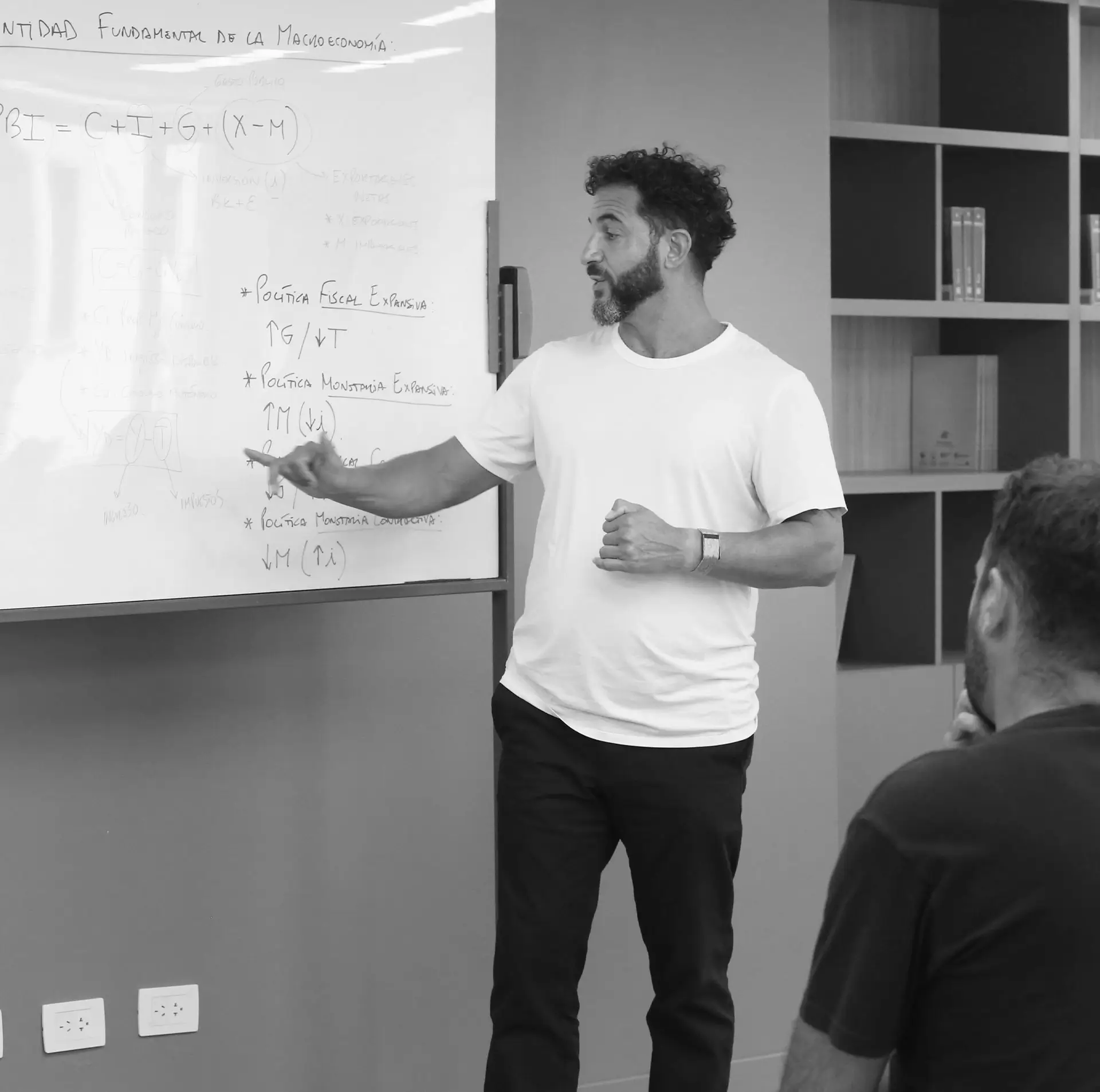
Macroeconomics and Public Policy – UBA
The course in Macroeconomics and Public Policy offers students a comprehensive view of the main economic phenomena affecting contemporary societies. Through the study of topics such as GDP, price indices, inflation, unemployment, and fiscal and monetary policies, students gain a better understanding of how the overall economy works and how it is influenced by public decision-making. Key topics include consumption, savings, investment, the balance of payments, exchange rates, and public debt, always linking theoretical models with real-world economic dynamics. The course integrates analytical foundations with the study of actual public policies, also addressing income distribution, comparative economic systems, regulatory frameworks, and the limits of economic planning.
The teaching methodology combines in-person theoretical-practical classes with asynchronous virtual activities, allowing students to apply the course content to current case studies and develop tools for critical interpretation of challenges related to economic growth, stability, and development.
Professors: Pablo Singerman & Matías TomboliniPrograms: Public Accounting, Business Administration, Information Systems in Organizations, and Actuarial Science
Class Schedule: Tuesdays and Fridays from 7 to 9 p.m., and Saturdays from 11 a.m. to 1 p.m.
Course Syllabus:
- Introduction to macroeconomic analysis (Cycle and trend, Walrasian market, GDP, and the three gaps)
- Consumption (Keynesian theory – MKS, Permanent income theory – Life-cycle hypothesis)
- Money market (traditional and new approaches)
- IS-LM model and practice
- IS-LM + practice
- Open economies (Open MKS, IS-LM-BP) + practice
- Labor market
- AS-AD model
- Public finance
- Inflation (CPI, quantity theory, monetarism, and structuralism)
- External debt and current account
- Open economy topics
- Income distribution and poverty
- Growth and development

_ BOOKS
My books


